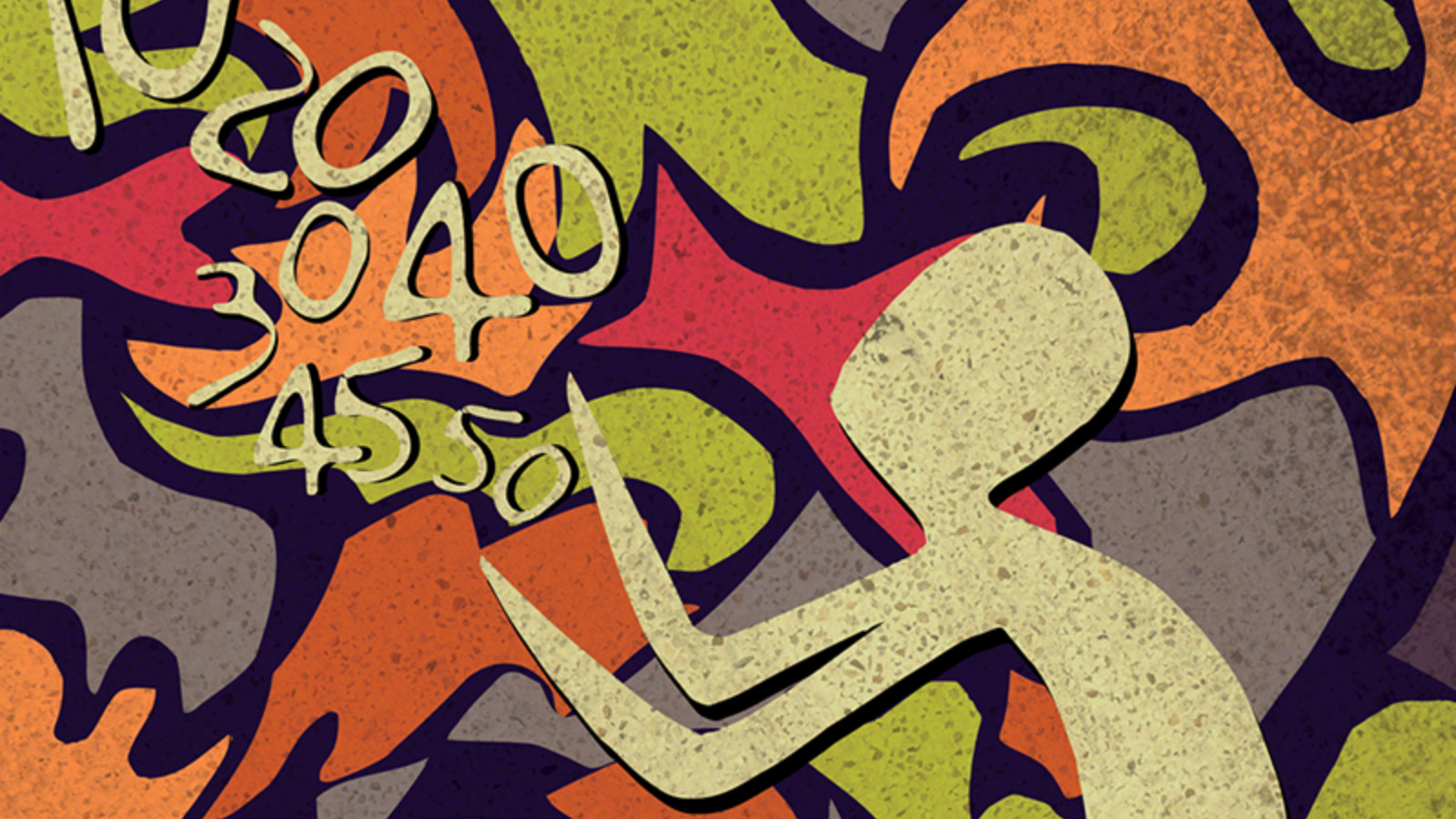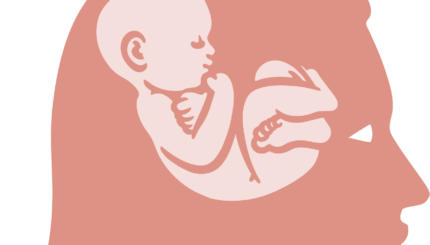Commentary on Parashat Vayera, Genesis 18:1-22:24
This past Simchat Torah, synagogues across the country recited a prayer created by an organization called Yesh Tikva (Hebrew for “there is hope”). The prayer, recited during a holiday when children are a focal point of the service, acknowledges the struggle many in the community face in trying to conceive and have children. Yesh Tikva’s Fertility Prayer says in part:
Give these men and women the strength and courage to persevere on their journeys. Grant them healing and comfort. Strengthen them and surround them with love and support.
As you remembered Sarah, Rebecca, Rachel, and Hannah, and you have heard the voices of the righteous men and women when they beseeched you, please listen to our beseeching to help the men and women of our community. Receive with Your mercy and desire our prayer. Fulfill our wishes for the good, and so may it be Your will, and let us say Amen.
It’s fitting that this prayer is said just a few weeks before we read the Torah portion Vayera, in which we see Abraham and Sarah, who are childless and “already old, well on in years, and Sarah no longer had female periods.” They are told by a group of strangers that next year, they will have a son. In response to this news Sarah “laughed to herself, saying, ‘Now that I am worn out, shall I have my heart’s desire? My husband is old!’”
The Bible is filled with stories of Jewish women battling infertility, and about the pain they experience along the way. In the first chapter of the Book of Samuel, Hannah is taunted by her sister-wife Peninah because she cannot conceive. In Genesis (in the Torah portion Parashat Vayetzei) Rachel feels tortured because her sister Leah can conceive, while she cannot. The command to “be fertile and become many” was the first given to man in the first Torah portion, Bereshit. When that proves impossible, it is not only a personal pain, but can be a religious one as well.
In Vayera, we see how timeless the struggle with infertility truly is. And the pain is so deep that it can cause a woman to laugh in the face of messengers of God.
With your help, My Jewish Learning can provide endless opportunities for learning, connection and discovery.
The Torah, and Judaism in general, contains a blueprint for raising Jewish children. It instructs us what we should teach our children and gives us the why and the how. But it also contains reminders to be mindful of those who yearn to become parents, and nuggets of hope for those still trying to conceive. Upon scoffing at the idea of having a child, Sarah (and the rest of us) are reminded, “Is anything too difficult for God?”
In Vayera, after giving birth to her son Isaac, Sarah said “God has given me laughter.” And just as we are reminded of the pain and the hope of the struggle to conceive, which is experienced by one in eight American couples, we are also reminded of the joy of becoming parents, especially after such a long wait.


